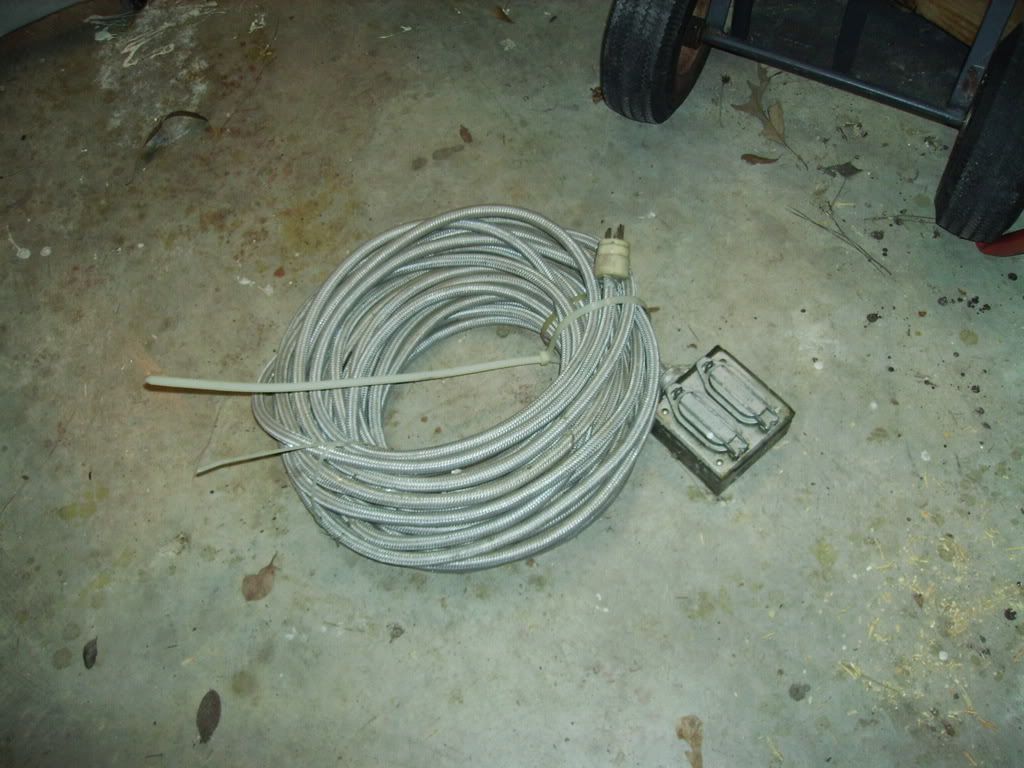What happens when you use an extension cord that isn't rated high enough for the tool?
For last few days I've been using a medium duty 50' chord for my Sliding Mitre, (Makita 15 amp). Am I damaging the motor? Am I getting less power than I would with a proper cord, (it feels like it)?
What should I buy?
For last few days I've been using a medium duty 50' chord for my Sliding Mitre, (Makita 15 amp). Am I damaging the motor? Am I getting less power than I would with a proper cord, (it feels like it)?
What should I buy?











